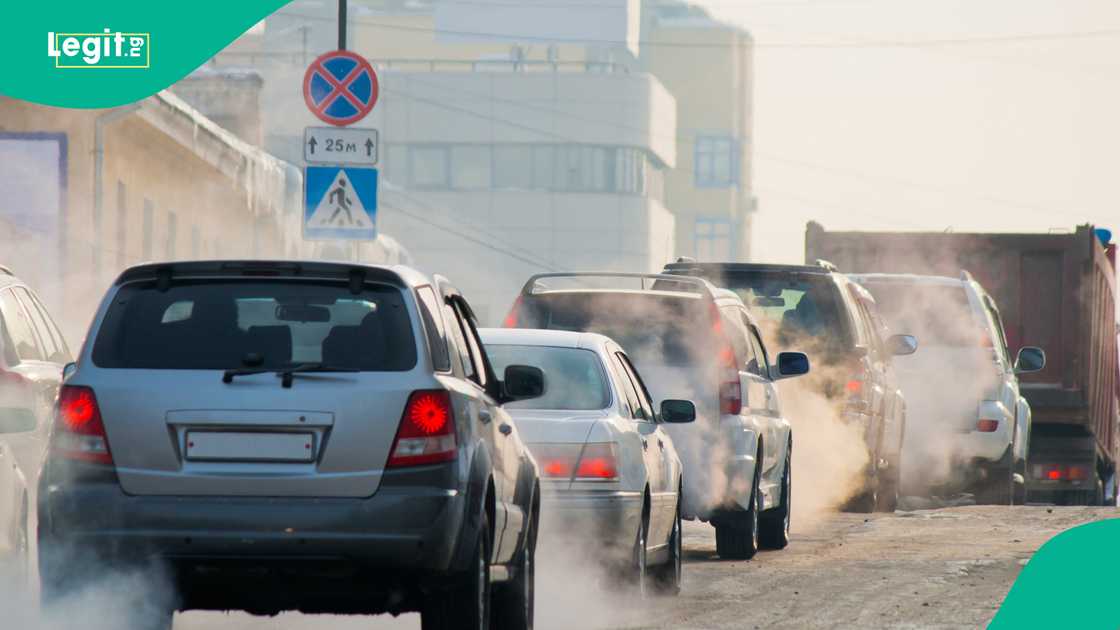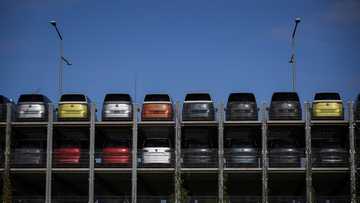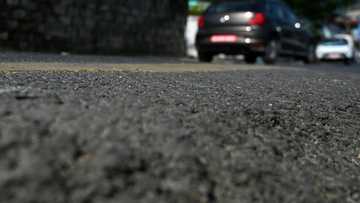352 Public Schools Closed Across 31 Districts, Location and Reason Announced
- Bangkok Metropolitan Administration closed 352 schools across 31 districts due to severe air pollution and urged residents to work from home
- PM2.5 pollutant levels reached 108 micrograms per cubic metre, positioning Bangkok as the world's seventh-most polluted major city
- In response, officials introduced free public transport for a week to reduce traffic congestion and exhaust fumes
CHECK OUT: Education is Your Right! Don’t Let Social Norms Hold You Back. Learn Online with LEGIT. Enroll Now!
The Bangkok Metropolitan Administration announced the closure of 352 schools across 31 districts due to severe air pollution.
By Thursday, over 250 schools had already closed, prompting officials to urge residents to work from home and restrict heavy vehicles in the city.

Source: Getty Images
Air pollution is a seasonal issue in Thailand, exacerbated by colder, stagnant winter air combined with smoke from crop stubble burning and car emissions.
PM2.5 pollutant levels surge in Bangkok
According to IQAir, the level of PM2.5 pollutants, cancer-causing microparticles small enough to enter the bloodstream through the lungs, reached 108 micrograms per cubic metre on Friday.
This makes Bangkok as the world's seventh-most polluted major city.
In response, city officials introduced free public transport for a week to reduce traffic congestion and exhaust fumes, notorious in the Thai capital.
Bangkok school closures and public reaction
The World Health Organization recommends that 24-hour average exposures to PM2.5 should not exceed 15 micrograms per cubic metre for most days of the year.
By Friday morning, 352 out of the 437 schools under the Bangkok Metropolitan Authority had closed, affecting thousands of students.
The current air pollution situation marks the highest number of school closures since 2020.
"It's hard to breathe... I really feel the burn in my throat," said Benjawan Suknae, a 61-year-old drinks seller, who believes that school closures could help somewhat mitigate the issue.
Government measures to curb pollution in Bangkok
Interior minister Anutin Charnvirakul ordered a ban on stubble burning, with legal prosecution risks for those responsible.
In another effort to tackle pollution, Transport Minister Suriya Juangroongruangkit announced that public transport, including the Skytrain, metro, light rail system, and bus services, would be free for a week starting Saturday.
"We hope this policy will help reduce pollution," he said. Prime Minister Paetongtarn Shinawatra, attending the World Economic Forum in Switzerland, called for tougher pollution control measures, including limiting construction in the capital and seeking cooperation from neighbouring countries.
Regional air pollution issues
The air pollution problem extends beyond Thailand, with neighbouring cities in Vietnam and Cambodia also experiencing high pollution levels.
On Friday, Ho Chi Minh City ranked second and Phnom Penh fifth on IQAir's most-polluted list. Cambodia's environment ministry confirmed that air quality in Phnom Penh and three other provinces had reached a "red level," indicating high pollution caused by climate change, waste incineration, and forest fires.
The ministry advised the public to monitor their health and avoid outdoor activities.
UNICEF report on climate shocks
Bangkok's school closures coincide with a UNICEF report stating that 242 million children's schooling was affected by climate shocks in 2024.
Similar air pollution issues have led to school closures in other parts of Asia, including Pakistan and India. In November, nearly two million students in New Delhi were told to stay home due to worsening air pollution, while Pakistan's Punjab province closed schools in smog-hit cities for two weeks as air pollutants reached alarming levels.
New era of air pollution emerges
Legit.ng earlier reported that from Quebec to British Columbia to Hawaii, North America is facing an extraordinary wildfire season -- and regions both near and far have found themselves increasingly blighted by smoke exposure.
One of the defining aspects of smoke from wildfires is "particulate matter" -- toxins that, in their numbers, can make smoke visible.

Read also
Good news for passengers as FG moves to impose stiffer penalties on airlines over flight disruptions
Proofreading by James, Ojo Adakole, journalist and copy editor at Legit.ng.
PAY ATTENTION: Сheck out news that is picked exactly for YOU ➡️ find the “Recommended for you” block on the home page and enjoy!
Source: Legit.ng





